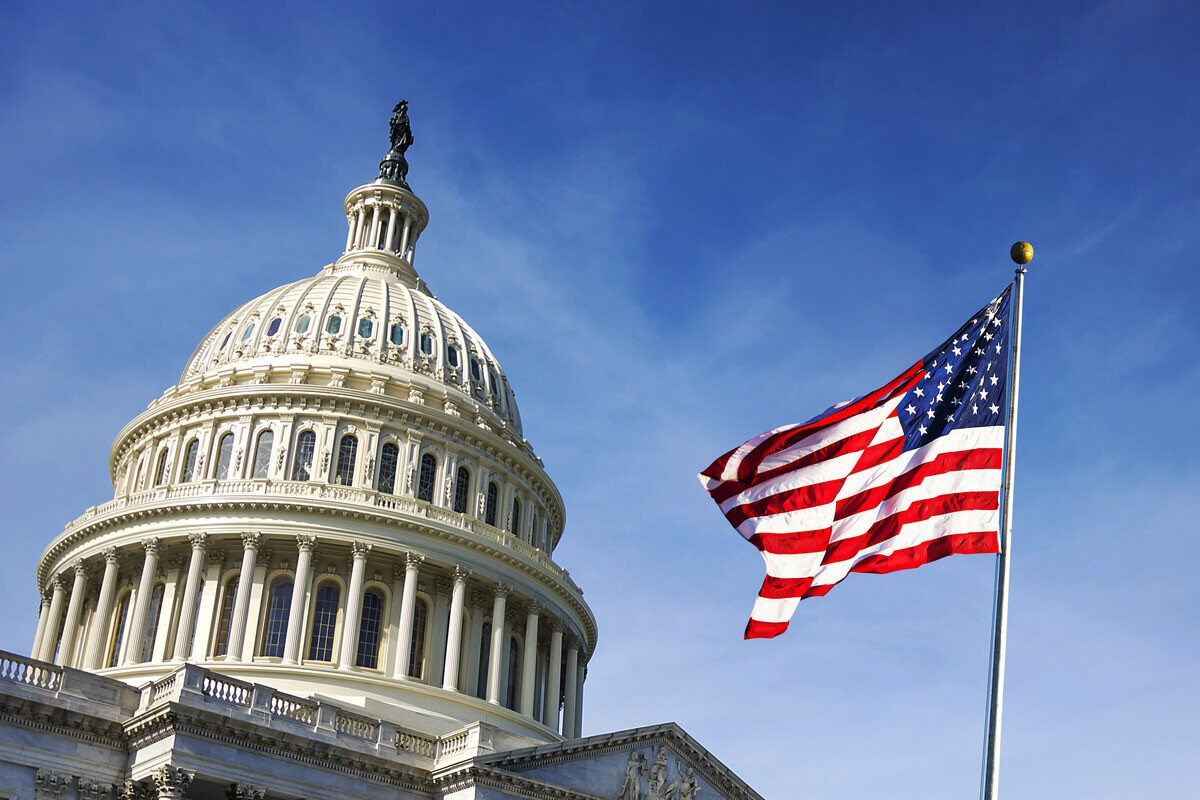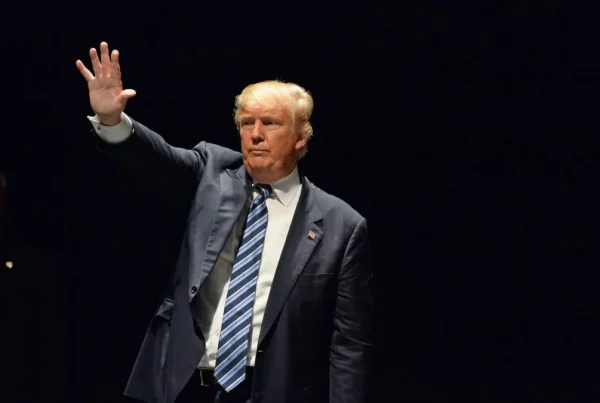US Senator Bill Hagerty (R-TN) recently voiced his concerns that the current indeterminate regulatory state in the US is discouraging for crypto businesses, urging them to seek more agreeable regulatory landscapes overseas.
Hagerty expressed his distress over the current state of the US market during an address at the Cato Institute, a think tank with libertarian inclinations. “It is a terrible environment. For those companies who are trying to invest and expand, it’s forcing them to look overseas to more favorable regulatory environments,”
The Senator underscored the urgency for well-defined cryptocurrency regulations in the US, especially in the face of ongoing assertive actions by regulatory entities like the Securities and Exchange Commission (SEC), which has not been well-received by the crypto sector.
Earlier in June, the SEC initiated legal proceedings against Binance, the foremost cryptocurrency exchange globally, and Coinbase, the largest crypto exchange based in the US, accusing them of functioning as unregistered exchanges and promoting unregistered securities, along with other violations.
Sen. Hagerty: A Rising Advocate for Cryptocurrency
Senator Hagerty is emerging as a significant advocate for cryptocurrency issues in the Senate.
Although he has not proposed any legislative measures this year, he has been vocal through public letters to leading officials, urging the establishment of explicit regulations concerning digital assets.
While speaking at the Cato Institute event, Hagerty recommended a gradual approach to framing crypto laws, drawing attention to a succinct stablecoin bill he brought forward in 2021 as a benchmark.
He remarked, “I admire my colleagues, but it seems that they value the legislation based on how many pages are in it.”
Hagerty reproached the SEC’s method of “regulation by enforcement” and urged for enhanced oversight sessions that include SEC Chairman Gary Gensler, instead of depending exclusively on the agency’s measures.
He found Gensler’s stringent stance against the crypto sector puzzling, given his background as an educator in the field of blockchain at MIT.
Furthermore, Hagerty expressed reservations about the potential pervasiveness of central bank digital currencies (CBDCs), cautioning that their ubiquitous acceptance might parallel the US to China regarding the monitoring of financial activities.
In this context, he referred to Saule Omarova, President Biden’s nominee for the role of the Comptroller of the Currency, who had previously endorsed a state-controlled digital currency in the wake of a financial crisis in March.
Crypto Pioneers Recommend Exploring Overseas Markets Hagerty’s remarks coincide with a period where numerous seasoned figures in the crypto industry are advising entrepreneurs in the sector to concentrate their efforts on overseas markets, potentially returning to the US when the regulatory climate becomes more conducive.
A case in point is Antonio Juliano, the brain behind the decentralized exchange dYdX, who last month proposed that crypto developers should overlook the US market for the upcoming five to ten years owing to the existing adverse regulatory conditions.
Juliano noted, “The present challenges and concessions don’t warrant the effort. The majority of the market is positioned overseas. Foster innovation there, establish a product-market fit, and then re-enter with greater influence.”
It’s important to note that the regulatory vagueness in the US has coerced crypto enterprises to scout opportunities in regions like the UK and Brazil, known for their clearer regulatory frameworks.
Coinbase is on an aggressive expansion spree, bolstering its global presence in the virtual currency domain with establishments in nations such as Germany, Ireland, Italy, and the Netherlands, and is contemplating further expansions to the UK and Dubai seeking a more hospitable regulatory atmosphere.
Similarly, despite facing a ban from UK regulators last year, Binance is making strides to comply with regulatory norms in the UK.






